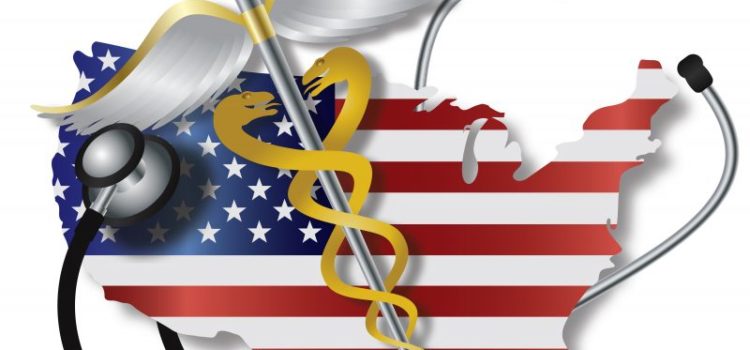With an eye toward reducing the heavy economic burden stemming from patients visiting emergency rooms needlessly, U.S. Senator Bill Cassidy, MD (R-LA) is pitching legislation that would require the Department of Veteran’s Affairs to pay for care provided to veterans in urgent care centers. Representative Clay Higgins (R-LA) plans to introduce companion legislation in the House of Representatives. As written, the Veterans Emergency Room Relief Act of 2017 seeks to: Pave the way for veterans to receive …
Read More









